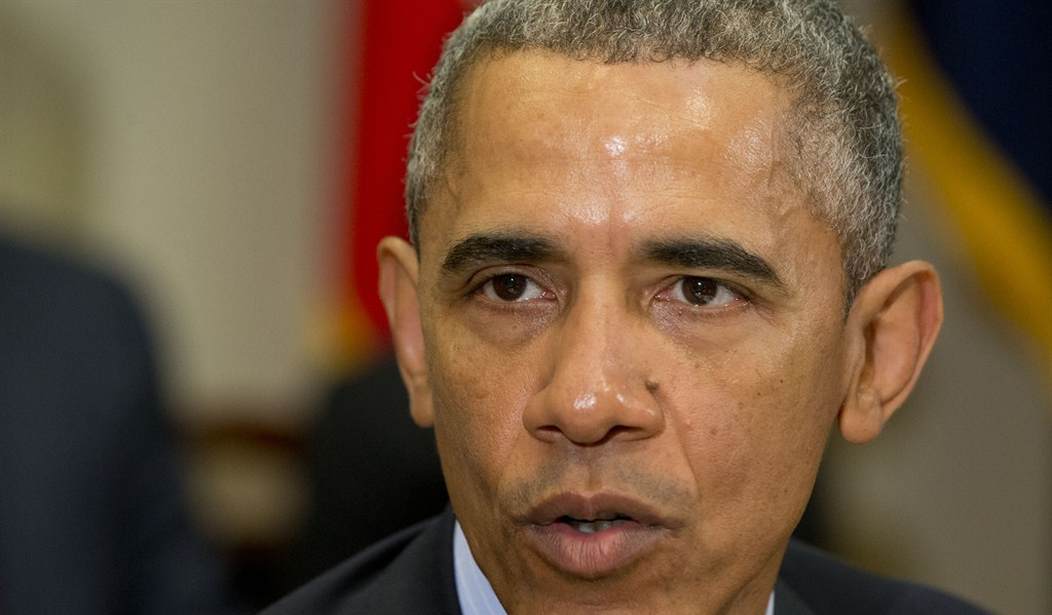The battle over Obamacare continues today as arguments in King v. Burwell kick off in front of the Supreme Court.
The case addresses whether "the Internal Revenue Service may permissibly promulgate regulations to extend tax-credit subsidies to coverage purchased through exchanges established by the federal government under Section 1321 of the Patient Protection and Affordable Care Act." Essentially, the case looks at whether federal subsidies are legal and available to people living in states that did not set up their own Obamacare exchanges. If a ruling comes down in favor of King, the Affordable Care Act could potentially be gutted. Thirty-five states have decided not to set up federal exchanges. Here's a quick summary of the details:
The plaintiffs, four Virginia residents, argue that Americans who bought insurance through the federal ObamaCare exchange are not entitled to subsidies because the law says only those who bought policies in state exchanges are eligible.Dozens of legal organizations like Judicial Watch and Landmark Legal Foundation have submitted amicus briefs in favor of King in the case.
At least 5.5 million Americans last year bought insurance on the federal exchange and received the subsidies.
Both sides in the case -- known as King v. Burwell -- generally agree that if the high court decides that millions of recipients are no longer eligible, they likely will no longer be able to afford insurance under ObamaCare and exit the system.
"This is a case about first principles. The Executive Branch has not only exceeded the boundaries of the legislative power, but has done so in an effort to circumvent the principles of representative government to avoid securing the consent of the governed," a brief submitted by Landmark Legal, which is headed by Mark Levin, states. "The Constitution separates the powers of government to protect the liberty of the American people and prevent the tyranny of a self-aggrandizing government. Attempts by the Executive Branch to assume the legislative function deprives the People of an open debate conducted by their politically accountable representatives and is antithetical to the Constitution’s design."
Recommended
"I think what’s important to remember politically about this is, if you’re a state and you don’t set up an exchange, that means your citizens don’t get their tax credits (subsidies)," Gruber said at a lecture in 2012. "But your citizens still pay the taxes that support this bill. So you’re essentially saying to your citizens, you’re going to pay all the taxes to help all the other states in the country. I hope that’s a blatant enough political reality that states will get their act together and realize there are billions of dollars at stake here in setting up these exchanges, and that they’ll do it."
Although arguments in this case will be heard today, a decision will not be announced until June.

























Join the conversation as a VIP Member